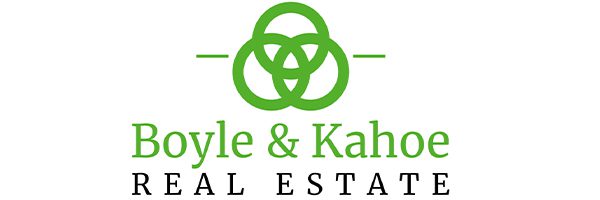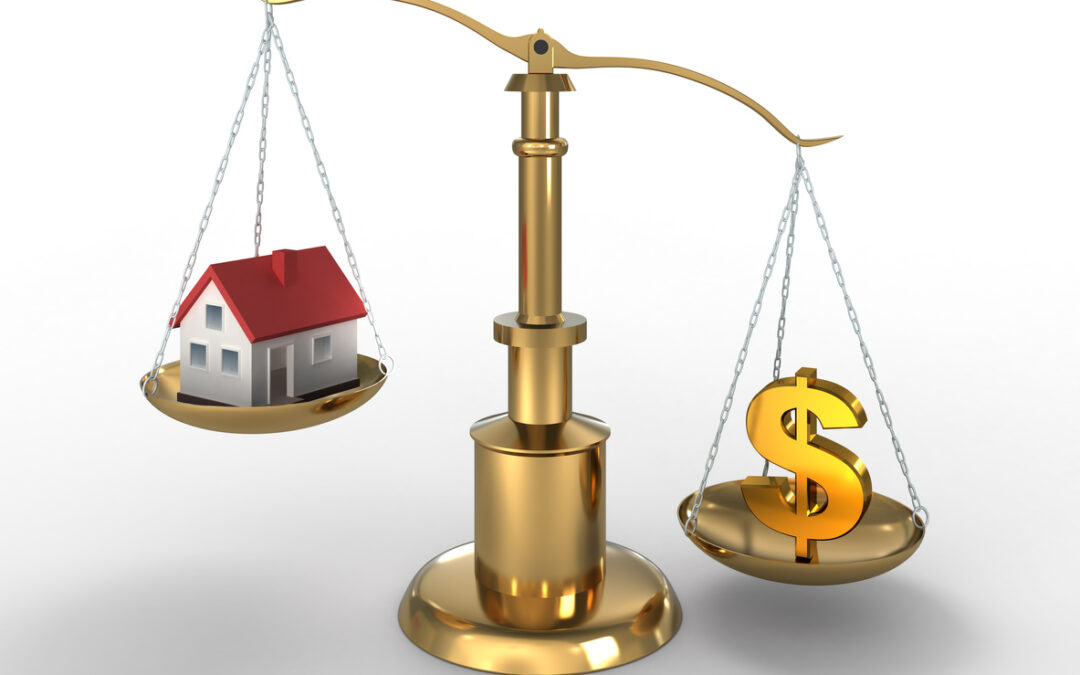5 Key Factors Affecting Home Affordability
When it comes to home affordability, there are many factors to consider before taking the plunge into homeownership. Knowing how much home you can afford is one of the most important decisions you’ll make in your lifetime. In this blog post, we’ll discuss five key factors that can affect your home affordability and help you understand what kind of home you can purchase.
Location, Location, Location
When it comes to buying a home, location is key. The location of the property will play a major role in determining its affordability. Home prices can vary drastically depending on the neighborhood and its surrounding amenities, so researching the local real estate market is essential. Wages also vary from region to region, so make sure to take into account how much you can afford to spend in your desired area. Pay attention to property taxes, HOA fees, insurance and security costs, property maintenance, and your commute costs. These and other factors will not be included in the purchase price of the home, but they will affect the affordability of a home..
Mortgage rates also change from place to place, so make sure to compare different lenders and their interest rates. For example, a lender in an urban area may offer lower interest rates than one located in a rural area. Additionally, keep in mind that the cost of living in certain locations can be higher than others, so you’ll want to factor this into your budgeting process as well. The cost of utilities will also vary depending on the climate of the region the house is in.
One of the most obvious factors influencing housing affordability is the number of houses available in a given market. The supply in the suburbs is lower with fewer homes, so market vendors charge a higher price. Similarly, another factor related to supply is the number of people who want to live in a given area. If a suburb is more desirable due to factors like proximity to employment hubs or transport connections, it may be less affordable.
The Size of Your Home
When you’re trying to determine how much house you can afford, the size of the home is a major factor. Home prices vary greatly depending on the size of the home and the features it has. Bigger homes usually come with bigger price tags, so it’s important to consider your budget and be realistic about how much house you can afford.
It’s important to remember that wages don’t always increase at the same rate as home prices and mortgage rates. If your salary doesn’t keep up with the rising costs of homes, you may need to opt for a smaller or less expensive home.
One way to get an idea of how much house you can afford is to figure out what percentage of your salary you are willing to spend on a mortgage payment. If you want to stay below 30 percent of your income for mortgage payments, that can help you determine how large of a home you should be looking for. You may also want to consider other factors like your savings goals, retirement contributions, and other expenses when determining how much house you can realistically afford. Keep in mind that the cost of utilities will also increase with the size of the home.
The Age of Your Home
The age of your home is an important factor to consider when determining how much home you can afford. Older homes tend to be cheaper than newer homes, however, they may require more maintenance or repairs that could end up costing you more in the long run. On the other hand, newer homes can be more expensive but often require less maintenance and repairs. In addition, mortgage rates for older homes may be higher than those for newer homes.
It’s important to consider the age of your home when budgeting for your purchase. Depending on the age of the home, wages may need to be allocated for maintenance and repair costs. In addition, certain types of mortgages may not be available for older homes. It is important to research current mortgage rates and home prices to determine if the age of the home is within your budget.
Wages and Home Prices
When it comes to home affordability, wages and home prices can have a significant impact. As wages remain stagnant in many areas, it can be difficult for potential homeowners to find a home within their price range. The ratio of wages to home prices is an important factor to consider when looking into the cost of buying a home. In some parts of the country, the median wage is not enough to cover the median cost of a home, making it even more difficult to become a homeowner.
In addition, mortgage rates are at historically low levels right now, meaning that home prices have risen significantly as buyers take advantage of the cheaper borrowing costs. If mortgage rates increase or stay at their current level, this could mean that home prices also rise and make it harder to afford a house. However, if mortgage rates drop, then home prices may decrease as well, making them more affordable for those who are looking to purchase a house.
To determine whether or not you can afford a home, you must consider the ratio of wages to home prices, as well as current mortgage rates. Taking these factors into account can help you make an informed decision about whether or not you can realistically afford a house at this time. It is important to remember that unexpected expenses pop up during the buying and moving process. In addition to monthly mortgage and escrow payments, setting aside money for home repairs and maintenance is critical. Utilities should be budgeted for as well.
The Mortgage Interest Rate
One of the most important factors that affects how much home you can afford is the mortgage interest rate. Mortgage rates fluctuate according to economic conditions and other factors such as inflation, and they can have a significant impact on your monthly payments.
When mortgage rates are low, it can be easier for prospective homeowners to qualify for loans and to secure a lower monthly payment. This, in turn, makes it possible to purchase more expensive homes without greatly increasing your monthly payments. As a result, even if home prices have risen, a buyer can still benefit from the lower mortgage rate.
Conversely, when mortgage rates are high, it’s more difficult to qualify for larger loans and the monthly payments associated with them. This makes it difficult to buy more expensive homes, since the additional costs of higher mortgage rates add up quickly. In addition, even if home prices haven’t risen too much, you may still not be able to afford them due to the higher mortgage rates.
At the most basic level, what makes a home affordable comes down to simple math. Subtract your monthly rent or mortgage from your take-home pay, and you should have enough money left over for life’s necessities. An easy way to determine an area’s affordability is to divide the average sales prices by the average income. This will give you a ratio that shows how much income is needed to purchase a home.
How Can a Real Estate Agent Help?
Buying a home is a huge investment. It requires some long term financial planning and prioritizing. So when considering affordability, remember that the full picture includes more than just mortgage rates. If you are concerned about how much of a home you can really afford, contact a trusted real estate agent for help.
An experienced real estate agent knows about properties before they hit the market, so they can help give a buyer the competitive edge. They can also help a home buyer set realistic expectations about what they can afford. A real estate agent is able to negotiate a deal in the housing market, as well as help with navigating the paperwork involved in closing on a house.
In the competitive market we have today, the right real estate Realtor and Broker makes a huge difference. Choosing the right agent is critical in order to have a positive and successful home-buying experience. They can guide a buyer through the entire process.
When you are ready to purchase a home in Maryland, contact Boyle & Kahoe.
Boyle and Kahoe Real Estate was founded in April 2019 by Jessica Boyle Tsottles and Robert Kahoe. The brokerage foundation is based on a strong passion for real estate and helping connect clients to the right properties. Jessica Boyle Tsottles is an experienced Realtor in Harford County, and Robert Kahoe is an experienced attorney focusing on real estate, estates and trusts. Together, the two are blending their vast knowledge bases together to start a brokerage that will be able to handle any real estate transaction. Both with local roots to Harford County for over 100 years, they are the area’s best experts! For more information about home affordability, or to get started in the home buying or selling process, visit our website.

